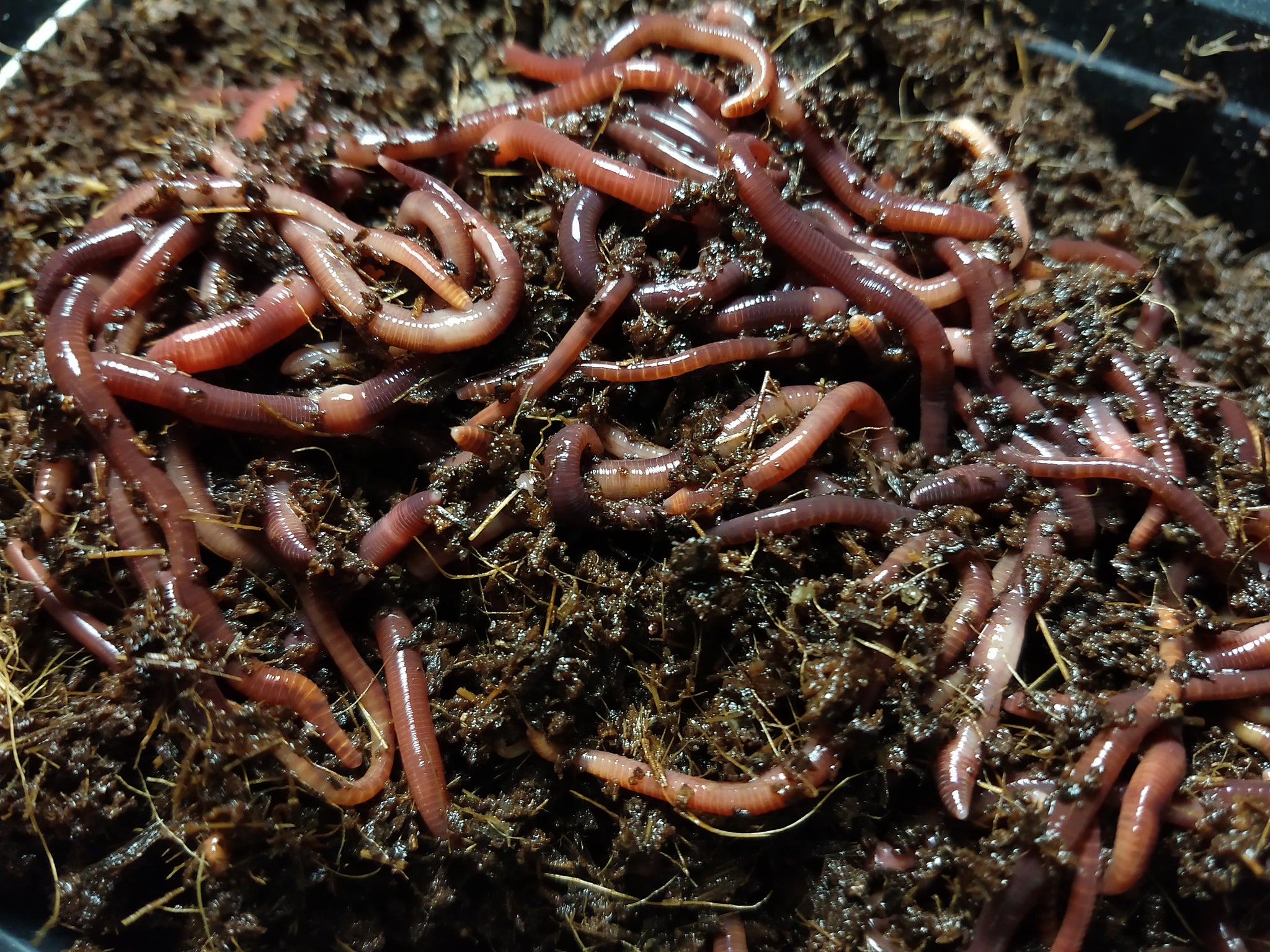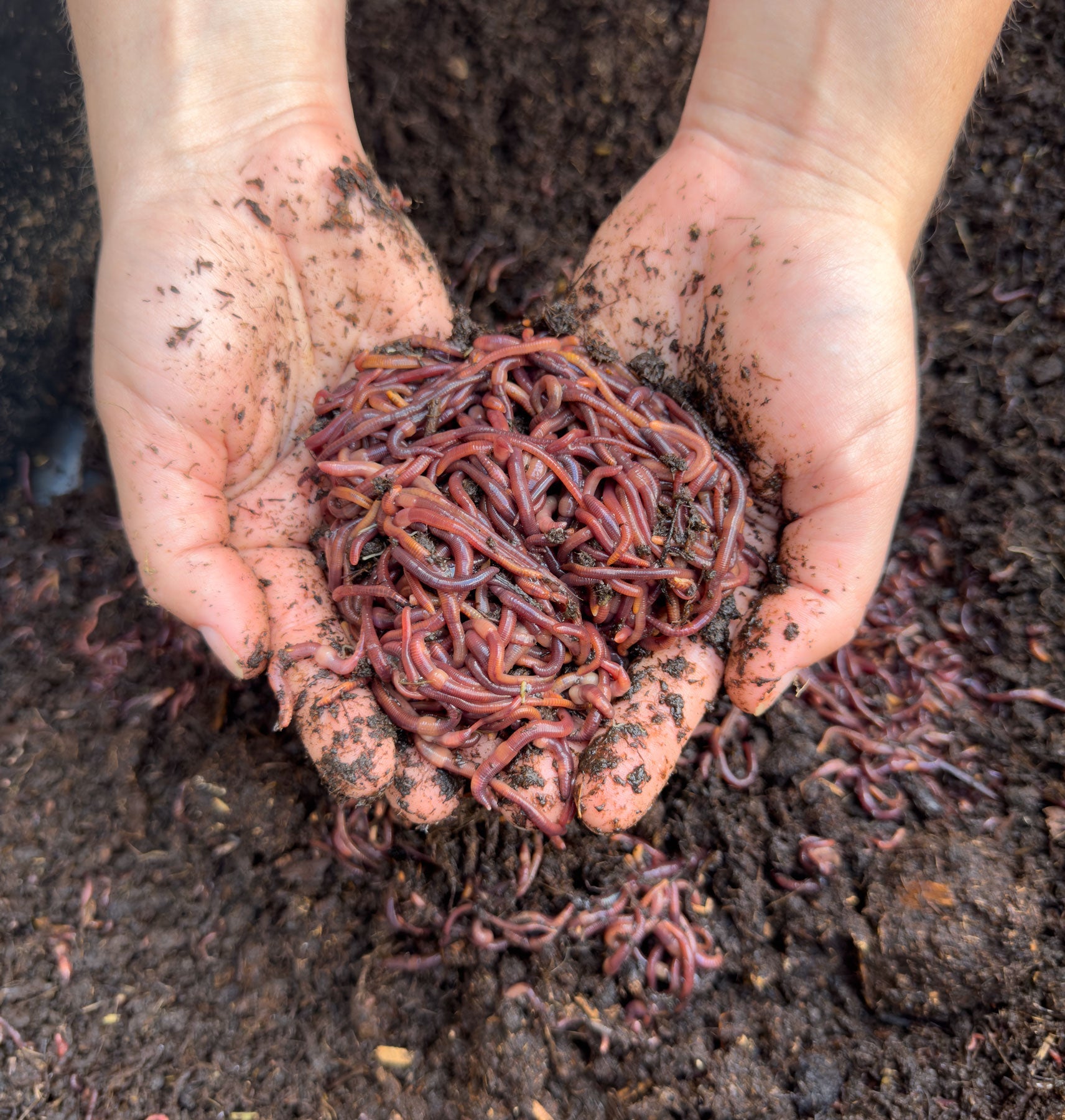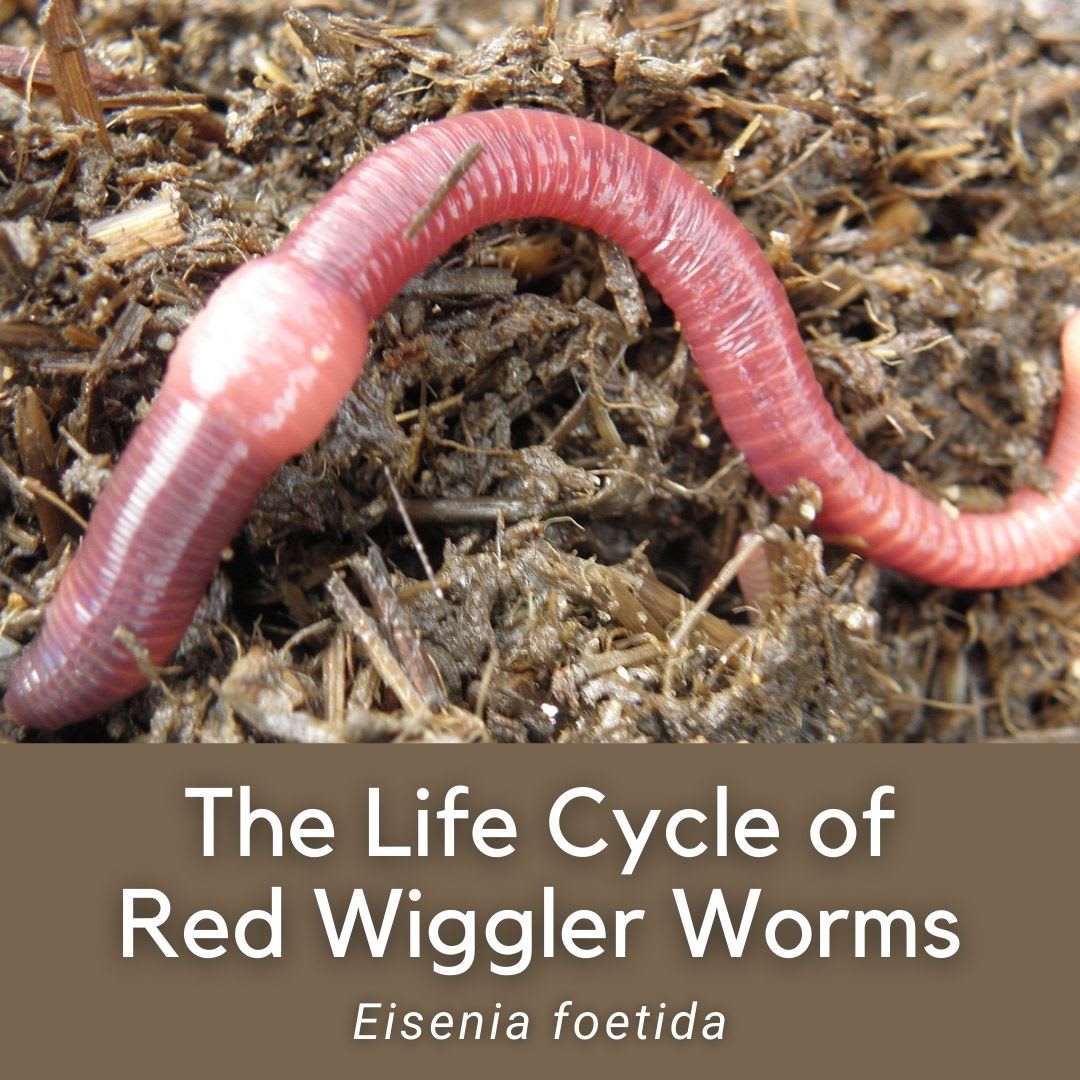Lake Hickory Bait: The Ultimate Spot for All Your Fishing Gear
Lake Hickory Bait: The Ultimate Spot for All Your Fishing Gear
Blog Article
Unlock the Tricks of Red Wigglers: Your Overview to Composting Success
The assimilation of red wigglers into composting techniques presents a significant chance for enhancing soil wellness and advertising sustainability. These organisms are not simply effective recyclers of natural waste; they offer a myriad of benefits that can transform garden monitoring. Understanding their needs and behaviors is crucial for enhancing their potential, from establishing an appropriate worm bin to feeding them the right materials. As we check out the vital parts of effective vermicomposting, one could wonder exactly how these tiny creatures can result in a much more lively and efficient garden ecosystem.

What Are Red Wigglers?
(Red Wiggler Express)Red wigglers, scientifically called Eisenia fetida, are a types of earthworm mostly used in composting because of their exceptional capability to decompose organic issue successfully. These worms are defined by their reddish-brown coloration and a fractional body, generally gauging between 3 to 4 inches in length. Unlike various other earthworm species, red wigglers grow in abundant, natural environments, making them excellent for vermicomposting systems.
Native to North America, they are typically found in decomposing fallen leaves and compost heap, where they play a critical function in nutrient recycling. Their adaptation to staying in a moist, cardio atmosphere enables them to take in large amounts of organic waste, breaking it down into nutrient-rich spreadings that improve dirt health and wellness.
Red wigglers reproduce swiftly, with a single worm qualified of creating several cocoons each week, each consisting of several hatchlings. Recognizing the biology and actions of red wigglers is important for optimizing their possibility in composting applications.
Benefits of Making Use Of Red Wigglers
Harnessing the power of red wigglers in composting uses countless advantages that boost dirt wellness and advertise lasting waste administration. These remarkable microorganisms effectively break down organic issue, transforming kitchen area scraps and yard waste into nutrient-rich vermicompost. This ended up item is extremely valuable for plant development, as it boosts soil structure, boosts dampness retention, and boosts vitamins and mineral accessibility.

(Red Wiggler Express)In addition, the presence of red wigglers in your composting system can accelerate the composting process, producing high-quality garden compost in a fraction of the time compared to traditional methods. The castings produced by these worms are likewise including beneficial microorganisms that better enhance the soil ecological community.
Setting Up Your Worm Bin
Producing an effective worm container is an uncomplicated process that can substantially improve your composting initiatives. Worm bins can be made from plastic storage space bins, wood boxes, or commercially readily available worm bins.
Following, prepare the bed linen material, which acts as the worms' environment. A mix of shredded newspaper, cardboard, and coconut coir functions well, offering a comfortable setting for the worms. Go for a bedding depth of about 4-6 inches. Dampen the bedding gently, ensuring it click here to find out more appears like a moist sponge without excess water merging near the bottom.

Feeding Your Red Wigglers
To make sure the health and performance of your red wigglers, it is crucial to offer them with a balanced diet that satisfies their nutritional demands. Red wigglers flourish on a diverse range of organic products, which not only supply needed nutrients however also promote reliable composting.
Start by including kitchen scraps such as vegetable peels, fruit cores, and coffee grounds. Avoid citrus fruits, onions, and garlic, as these can be detrimental to worm wellness. Additionally, introduce shredded paper, cardboard, and completely dry fallen leaves to develop a well-aerated atmosphere.
Feeding regularity ought to be checked; generally, worms can eat half their body weight in food weekly. It is critical to stay clear of overfeeding, as excess food can cause unpleasant smells and draw in pests. An excellent practice is to include food in tiny quantities, enabling worms to refine it before introducing extra.
Maintaining wetness degrees is likewise essential; the bed linens must be wet yet not soggy. Last but not least, be sure to on a regular basis inspect the temperature and pH levels of the bin to make certain an optimal setting for your red wigglers, eventually boosting their composting performance.
Harvesting and Making Use Of Garden Compost
A successful composting procedure with red wigglers culminates in the abundant, dark compost referred to as vermicompost, which can dramatically enhance dirt wellness and plant development. Collecting this nutrient-dense material generally takes place every 3 to 6 months, depending upon the dimension of your system and the amount of natural matter being refined.
To collect, gently different the garden compost from the worms and any type of undecomposed materials. One reliable approach involves moving the components of the container away and adding fresh bed linens and food to the empty space, urging the worms to migrate. After a couple of days, the garden compost can be gathered from the opposite side.
It is important to utilize vermicompost properly to optimize its advantages. By incorporating vermicompost into your gardening routine, you not only recycle organic waste yet additionally develop a successful environment that sustains lasting horticulture practices.
Conclusion
In summary, red wigglers function as outstanding allies in composting efforts, changing natural waste into nutrient-rich vermicompost (Red Wiggler Express). Their distinct biological qualities and reliable waste handling capacities add significantly to sustainable horticulture techniques. By comprehending the optimal conditions for their habitat, feeding demands, and compost harvesting strategies, garden enthusiasts can boost dirt health and promote plant vitality. Welcoming vermicomposting not just decreases landfill waste however also cultivates an extra ecologically accountable approach to horticulture and resource monitoring.
Report this page